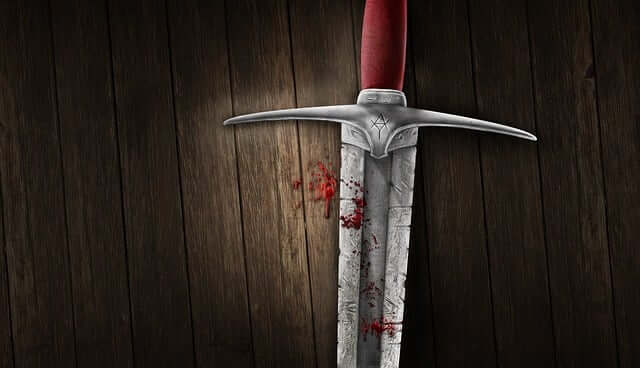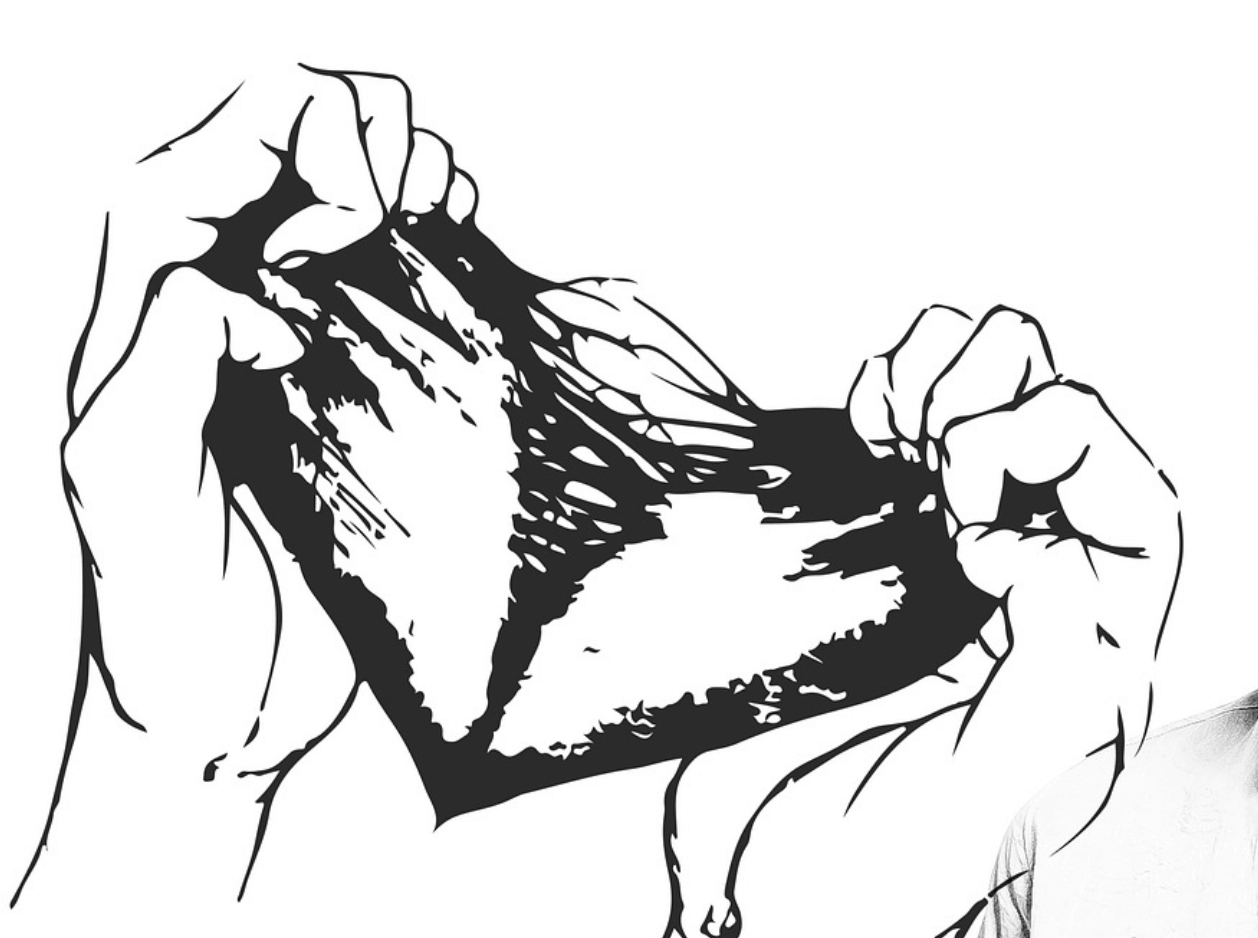That’s what the Lord told him. Marry a hooker. Because Hosea was a prophet to the northern kingdom of Israel after the divided nations. And the northern kingdom was just like a hooker. But for Hosea to understand that, he was told to marry a hooker and bear children.
The first child was called Jezreel, because God was going to punish the northern kingdom for what happened at Jezreel. Jezreel means “scattered” or “dispersed” and that is what God was going to do to Israel because of what took place at Jezreel. So what happened at Jezreel? What was so terrible?
Jehu was king at the time but there was another king, Ahab, who had been king not right before him but with only one other person as king in between (the penultimate king). Ahab was one of the most evil and wicked kings of their history.
Now Ahab had 70 sons and other descendants. Yes, judgment was to come upon the house of Ahab, but Jehu pressured their own people, their attendants, to behead these 70 sons of Ahab. Then Jehu stacked their heads on a pile as a warning for everyone (2 Kgs 10).
The evil continued. Jehu did not just request for the 70 sons to be killed but anyone–friends, family, co-workers also to be killed. Anyone associated with the house of Ahab was murdered. Then Jehu says that this happened to fulfill the word of Elijah that the house of Ahab would be destroyed (1 kings 21).
And here’s where it gets sticky. In Hosea 1 we see clearly that the Lord says this:
“I will soon punish the house of Jehu for the massacre at Jezreel, and I will put an end to the kingdom of Israel” (Hos 1:4).
So we see that Israel is being punished for what Jehu did at Jezreel.
But the challenge is it also says in 2 Kings 9:7-8 to Jehu:
“You are to destroy the house of Ahab your master, and I will avenge the blood of my servants, the prophets, and the blood of all the LORD’s servants shed by Jezebel. The whole house of Ahab will perish. I will cut off from Ahab every last male in Israel—slave or free”
Then in 2 Kings 10:30 it says this:
“The LORD said to Jehu, “Because you have done well in accomplishing what is right in my eyes and have done to the house of Ahab all I had in mind to do, your descendants will sit on the throne of Israel to the fourth generation.”
Here Jehu was given the command to destroy the house of Ahab, and then commended for it. So is he being punished for doing what the Lord told him to do and commended him for? And then being punished for that?
If we look at the text again, the answer is both.
Jehu did destroy the house of Ahab according to the judgment righteously given to him as king and at the Lord’s command. But there were some problems in the way he did it.
- It was Jehu who was commissioned as the legal authority to destroy the house of Ahab. But Jehu manipulated the caretakers of the 70 sons to behead them. This was evil. It was not their job. Not only that but then Jehu blamed them for doing the grisly task (2 Kgs 10:1-10).
- Jehu then slew more than just the house of Ahab. He carried it to great excess, killing anyone associated with Ahab. This went way beyond just the family of Ahab (v. 11)
- He then killed 42 men who were coming to honor and serve the previous king as they had yet to know of the change of powers (v. 12-13). He didn’t even give them a chance to honor the new king, himself.
- He didn’t just tear down the altars to the Baals, but he deceived and murdered all the priests of Baal (v. 18-27) and slaughtered them.
- He also used the Word of the LORD from Elijah to justify his excess and brutality which was a defilement of that Word (v. 10, 17). He took that word and went way beyond.
- He himself continued in evil and did not repent of the same evil that Jereboam did (v. 31) which we read was idolatry (1 Kings 14:9). It might not have been Baal, but he just had a nice substitute. How was he any different?
So in v. 30 yes, we do see God honoring Jehu for removing the family of Ahab. But at the same time there was punishment because of the deception he used, the excessive shedding of innocent blood which the Lord hates, and for his continuation in idolatry.
It’s not just about what we do. It’s about how we do it.



